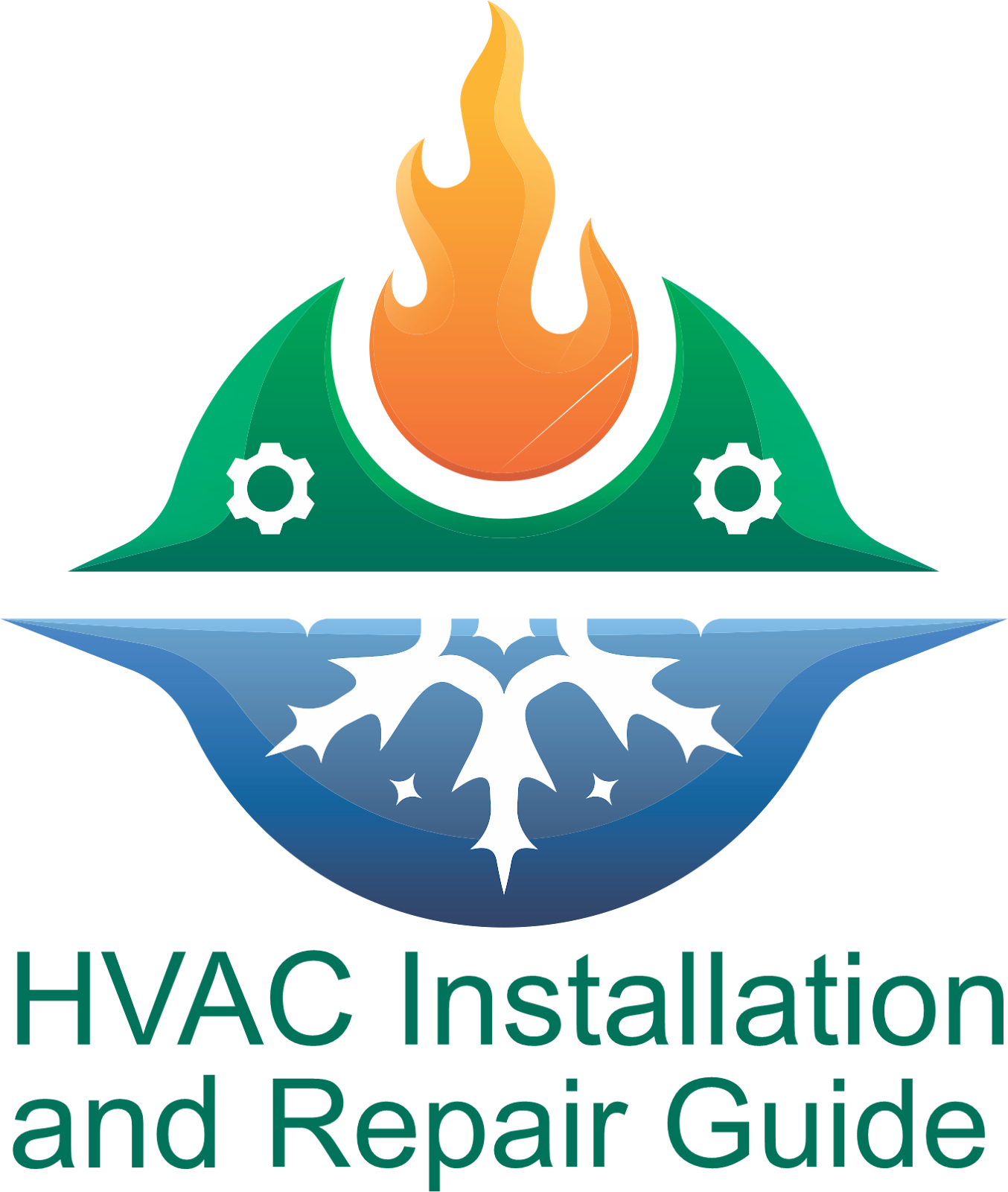How much heat should I keep in my home?
The typical wintertime indoor temperature
During the winter, most homes keep their thermostats set to an average temperature of 68 degrees Fahrenheit. You should have your thermostat set between 67 and 70 degrees. However, as every homeowner is different, they might like a higher or lower temperature.
Unjustified Heating
Try to keep your home's temperature below 72 degrees throughout the winter. This temperature on your thermostat wastes energy and significantly raises your energy bills. Additionally, an overheated house seems dry because of a decrease in humidity. Since dry air increases your body's susceptibility to infections and viruses, it isn't excellent for your skin, wooden flooring, and overall health.
A High Humidity level
We don't recommend using the humidifier, even if you want to do so to make up for the dry air.
Why is that
- Moisture needs more heat than dry air, which raises the cost of electricity every month.
- When the humidity is too high, your heating system wastes time and energy by creating heat.
- High humidity (above 60%) encourages mold growth, increasing condensation levels and aggravating allergies.
How cool of a temperature is too much for a house?
While making this choice, try to keep the temperature below 63 degrees. Low temperatures can encourage the growth of mold and mildew and aggravate allergies.
Do frozen pipes frequently burst?
It's essential to remember that while frozen pipes are more likely to break, this is not a certainty. The lines break when the water inside pipes gets too cold, freezes, and creates clogs. The pressure created by water that cannot move through the pipes eventually causes the pipes to burst, releasing the water.
The following factors can influence whether a pipe bursts:
- Water temperature: When the water is 32 degrees Fahrenheit or colder, pipes are more likely to burst. Meanwhile, most lines will crack as the water temperature drops to 20 degrees Fahrenheit or lower.
- Internal pressure: Pipe bursts may be caused by blockages in the pipes brought on by frozen water.
- Better insulation protects pipes from ice conditions, which reduces the risk of a rupture.
- Because they need more heat, pipes in unheated or inadequately heated rooms are more prone to break.
Four Rules to Prevent Your Pipes from Bursting
The good news is that burst pipes are preventable. To protect your property from unpleasant and expensive water damage, abide by these four suggestions.
- Keep all cabinet doors open to allow warm air to reach the pipes in the sink regions of the kitchen and bathroom. If you have pets, take anything hazardous out from under your sink.
- Set your thermostat to 63 degrees Fahrenheit or higher during the winter.
- Leave faucets slowly dripping when the outside temperature is 32 degrees Fahrenheit or lower. Ice formation is less likely to occur in moving water. Water won't choke pipes and blow them apart if it can't freeze.
- In particular, insulate pipes in cold regions like the attic or basement.
Emergency Plumbing Repair Services
Please schedule a consultation with one of our specialists to repair broken pipes before winter weather sets in. For our customers, our staff of local plumbers in Virginia and other states can improve any plumbing issue. Our team will advise you on the appropriate temperature to keep in your home to prevent burst pipes in the winter. Our plumbers can put in sump pumps, service water heaters, replace sewage lines, and install sinks or other fixtures.
Tags
ac maintenance
ac repair
Air Conditioner Repair
central air conditioner
Furnace repair
Heat pump repair
HVAC Installation
HVAC repair
mini-split systems
smart thermostat
thermostat repair

